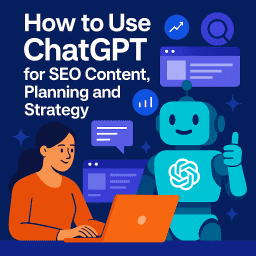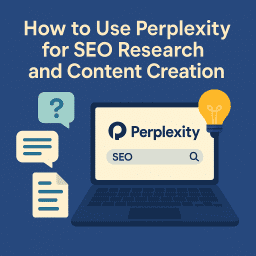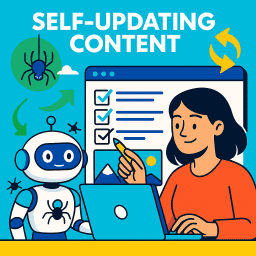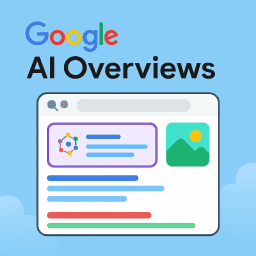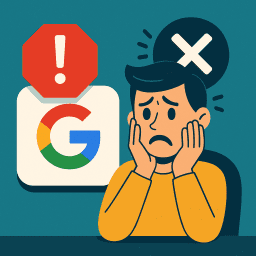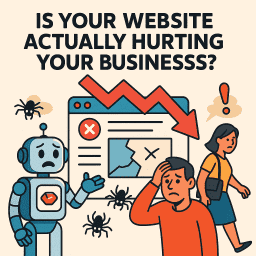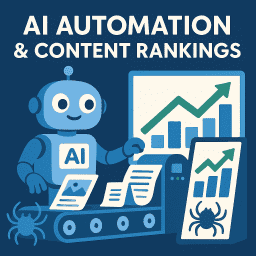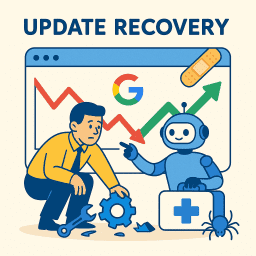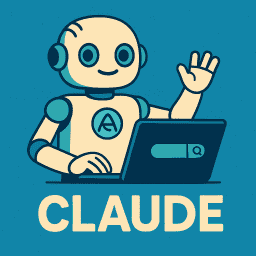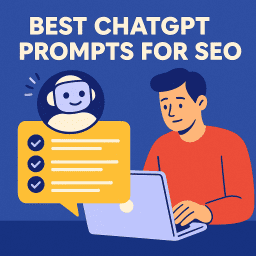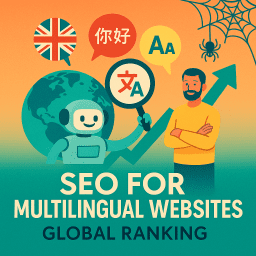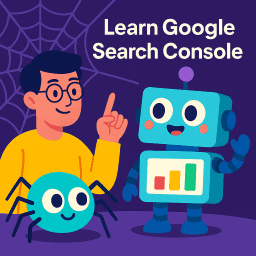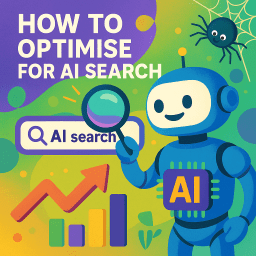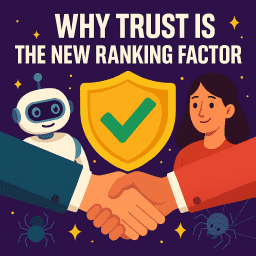AI Detection Tools vs Human Writers: How Google Judges Content
Exploring how Google judges AI vs human-written content
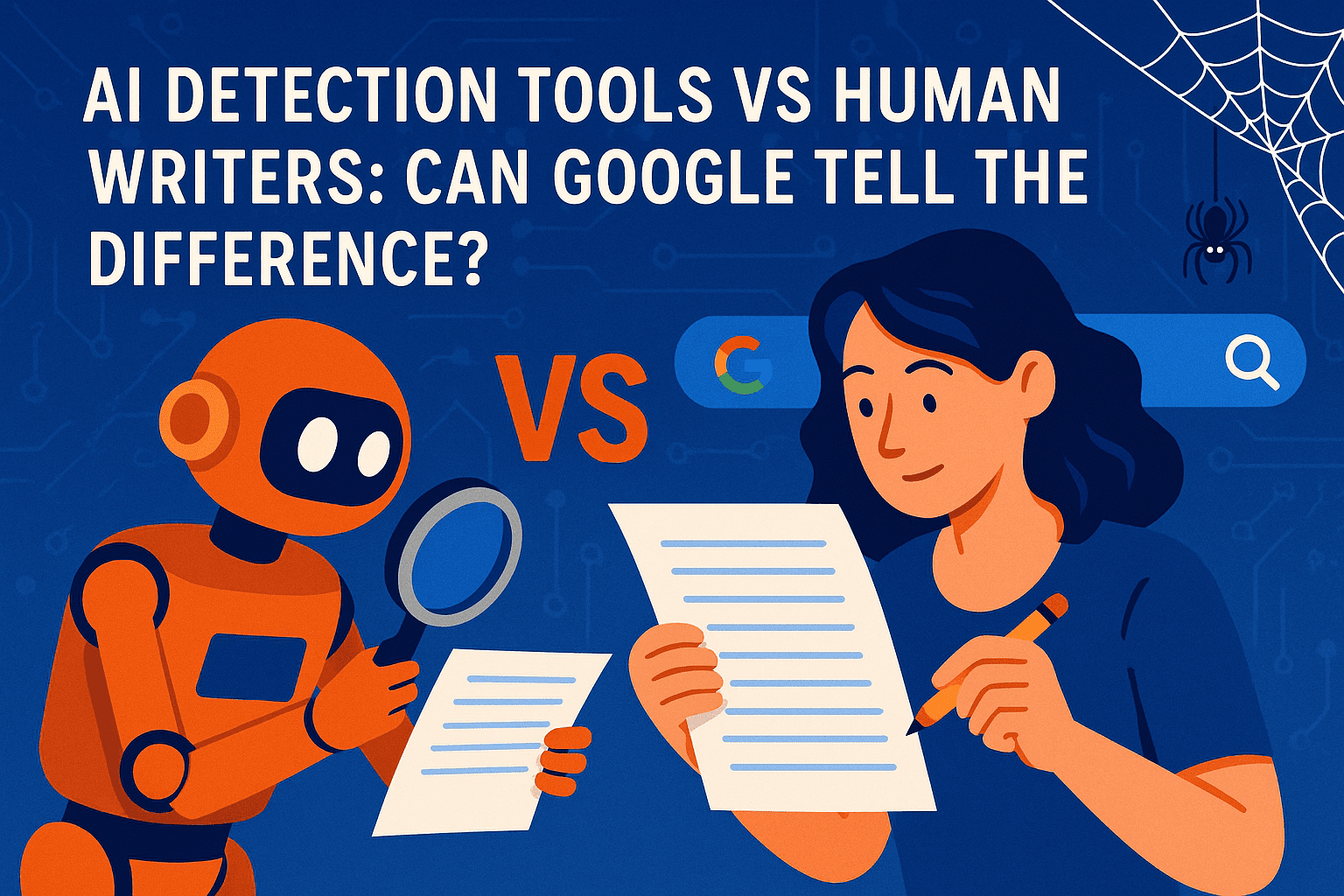
🧠 Brains or Bots? What Google Might See
With the rise of AI-generated content, one of the hottest questions in SEO today is: Can Google tell the difference between content written by a human and content produced by an AI? 🤖✍️ And what role do AI detection tools play in this debate?
In this guide, we’ll explore how AI detectors work, what Google has said (and done) about AI-written content, and what this means for your SEO strategy.
🔍 What Are AI Detection Tools?
AI detection tools are software solutions designed to assess whether a piece of content was likely written by an artificial intelligence system. These tools typically analyse various linguistic patterns and statistical markers to make their judgment. Popular examples include OpenAI’s own detection efforts, GPTZero, Originality.ai, and Copyleaks AI Content Detector.
Most detectors work by looking for signals such as:
- ✅ Repetition or predictability in word choice
- ✅ Sentence structure uniformity
- ✅ Lack of complex language variety
- ✅ Statistical markers that align with known AI-generated text patterns
However, AI detection tools are not perfect. Their accuracy varies widely, and they can produce false positives (marking human writing as AI) or false negatives (failing to detect AI text).
💡 How Do AI Detectors Actually Work?
AI detectors rely on machine learning models trained on large datasets of both human-written and AI-generated text. The model learns the subtle patterns that distinguish the two. For example, AI tends to produce:
- 📌 Consistent sentence length
- 📌 Higher likelihood of generic phrasing
- 📌 Predictable transition words and connectors
- 📌 Limited idiomatic or figurative language use
These tools assign a probability score that a given text is AI-generated. But no tool provides a 100% guarantee — and results can vary depending on the content type, topic, and editing applied to the text.
👁️ Can Google Detect AI-Generated Content?
Google has made its position clear: it doesn’t care whether content is written by a human or an AI — what matters is whether it is helpful, original, and high quality. Google’s Helpful Content System and spam policies focus on rewarding content that provides value and satisfies search intent. Content that is unhelpful, regardless of how it was produced, may struggle to rank.
In Google’s own words (via John Mueller and Danny Sullivan):
- ✅ “Content automatically generated with AI is not against our guidelines if it’s helpful.”
- ✅ “We focus on the quality of content, not how it’s produced.”
This means Google’s algorithms aren’t looking to penalise AI text specifically — they are evaluating the content’s usefulness, originality, authority, and alignment with E-E-A-T principles.
🛠️ How Might Google Identify Low-Quality AI Content?
While Google isn’t using AI detection tools the way plagiarism checkers work, it does use complex signals to assess quality. These may include:
- 📉 Thin content that offers no original insight
- 📉 Overuse of generic phrasing or boilerplate structures
- 📉 Poor engagement metrics (e.g. high bounce rates)
- 📉 Low topical authority and weak backlink profile
If AI-generated content fails to provide value or matches patterns of spammy, mass-produced pages, it may be deprioritised in search results.
⚠️ Limitations of AI Detection Tools
It’s important to understand where AI detection tools fall short:
- ❌ They can flag genuine human writing as AI (false positives)
- ❌ They can miss AI-written text that’s been well-edited
- ❌ They are vulnerable to manipulation (e.g. paraphrasing tools can bypass them)
- ❌ Different tools often produce conflicting results on the same text
This means relying on detection tools for SEO decisions is risky. They’re better used as advisory signals rather than definitive judgments.
💬 Human Writers vs AI: The Subtle Differences
Human writers typically introduce variability in style, tone, and structure. They may use regionalisms, idioms, cultural references, and more nuanced expressions of emotion or humour. AI-generated content, even at its best, can struggle to mimic this depth and unpredictability.
That said, with proper human editing, AI content can be shaped into material that’s indistinguishable from human writing — at least as far as current detection tools (and Google’s algorithms) are concerned.
📈 What’s the Best Approach for SEO?
The best approach is to focus on quality. Whether you use human writers, AI tools, or a mix of both:
- ✅ Prioritise originality and usefulness
- ✅ Ensure content aligns with search intent
- ✅ Edit rigorously to add depth, personality, and clarity
- ✅ Build topical authority through comprehensive coverage
Google’s ranking systems care about satisfying the user, not policing how you wrote the content.
📝 Final Thoughts
The debate around AI detection tools and their role in SEO is likely to continue for years to come. But the key message from both Google and SEO experts is consistent: focus on the value your content provides. AI detection tools can be interesting for curiosity’s sake, but they shouldn’t drive your SEO strategy.
Google’s systems are evolving to reward content that serves users, meets intent, and builds trust. If your content — AI-generated or human-written — achieves that, you’re on the right track. In contrast, if you produce unoriginal, shallow content at scale, no detection tool will save you from declining rankings. Success lies in focusing on the user, not the tool.
In a world where AI and human creativity are increasingly blended, the true differentiator is the effort and care you put into crafting content that resonates. That’s what Google will continue to reward — not the label of human or AI.
❓ Frequently Asked Questions
Can AI detection tools reliably identify AI content?
No — most tools can give an estimate, but accuracy is limited, and results can be inconsistent.
Does Google penalise AI-generated content?
No — Google focuses on content quality, not the production method. Helpful AI content can rank well.
How can I make AI-generated content safe for SEO?
Edit thoroughly, add original insights, and ensure it meets user intent and quality standards.
Should I use AI detection tools for my site?
They can be useful as a check, but don’t rely on them for critical decisions. Focus on quality instead.
What’s more important: human or AI authorship?
Neither — Google cares about usefulness, originality, and trustworthiness above all.
💬 What the Experts Are Saying
- John Mueller (Google): “We care about the quality of content, not how it’s produced.”
- Lily Ray: “AI is a tool — it’s the human strategy behind it that matters.”
- Barry Adams: “Google ranks based on value, not whether it was typed by a human or AI.”
“What matters most is whether your content helps users — not who or what wrote it.”
– David Roche



